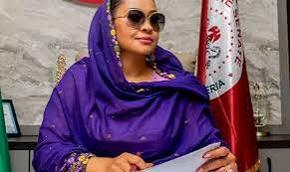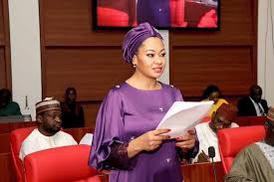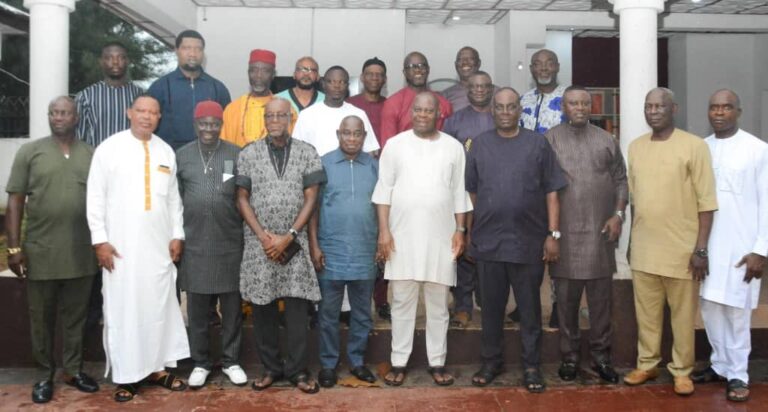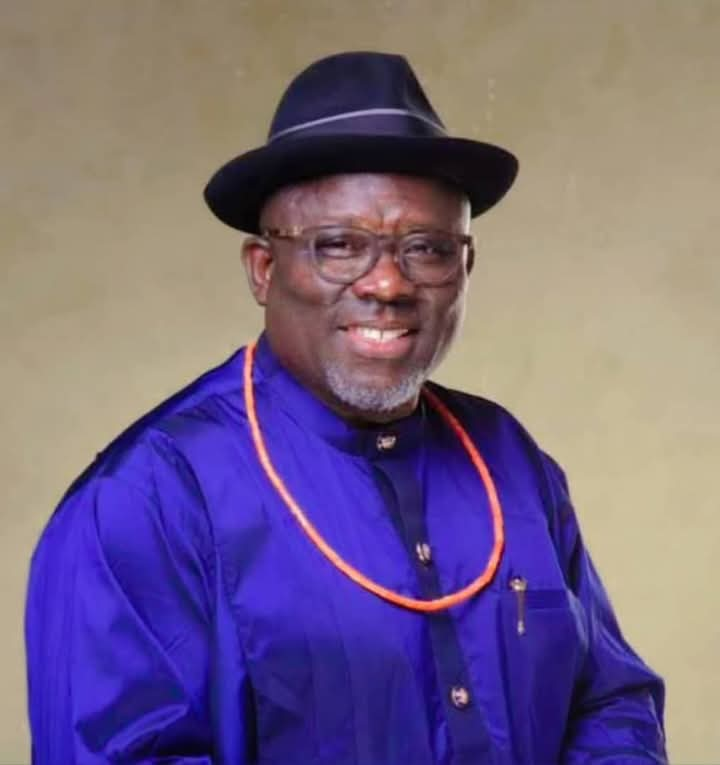
The political future of Senator Natasha Akpoti-Uduaghan, representing Kogi Central Senatorial District, hangs in the balance as the Independent National Electoral Commission (INEC) initiates the process of verifying a recall petition submitted by her constituents. This process will determine whether a referendum to remove her from office will proceed.

The core requirement for triggering a recall referendum is the validation of signatures from more than half of the registered voters within the Kogi Central District. INEC is currently scrutinizing the submitted signatures to ascertain if this threshold has been met.
According to INEC’s Regulations and Guidelines for Recall 2024, should the petition meet the necessary signature threshold, the commission is mandated to conduct a referendum within 90 days from the petition’s receipt. This referendum would allow constituents to directly vote on whether to recall the senator.
Conversely, if the verification process reveals that the petition lacks the required number of signatures, INEC will issue a public notice declaring the petition’s failure. This would effectively halt the recall process, and Senator Akpoti-Uduaghan would retain her position.
INEC is obligated to provide public notice of the referendum, detailing the date, time, and location, should the signature verification prove successful. This ensures transparency and allows all eligible voters to participate in the process.
The recall petition stems from allegations of “gross misconduct,” “abuse of office,” and “deceit,” which have led to a “loss of confidence” among her constituents. These allegations are compounded by her recent suspension from the Senate following a disagreement with Senate President Godswill Akpabio.
The petitioners have submitted six bags of documents containing signatures from over half of the 474,554 registered voters in Kogi Central, spanning 902 polling units across five local government areas. This extensive collection of signatures underscores the widespread nature of the recall effort.
In compliance with its regulations, INEC has notified Senator Akpoti-Uduaghan of the petition’s receipt and has also forwarded a copy of the notification to the Senate’s presiding officer. This ensures that all relevant parties are informed of the ongoing process.
Debo Adeniran, Executive Director of the Centre for Anti-Corruption and Open Leadership, highlighted the historical challenges associated with recall attempts in Nigeria, citing the complexity of signature collection and verification. He advocated for simplified recall processes, drawing parallels with the United States.
Adeniran and Auwal Rafsanjani, Executive Director of the Civil Society Legislative Advocacy Centre, both called for a national dialogue on the recall process. They stressed the need for clear, legitimate grounds for recall, such as corruption or abuse of power, and urged the National Assembly to enact laws that streamline the process. Rafsanjani specifically emphasized the need for transparency and fairness in the recall system.



